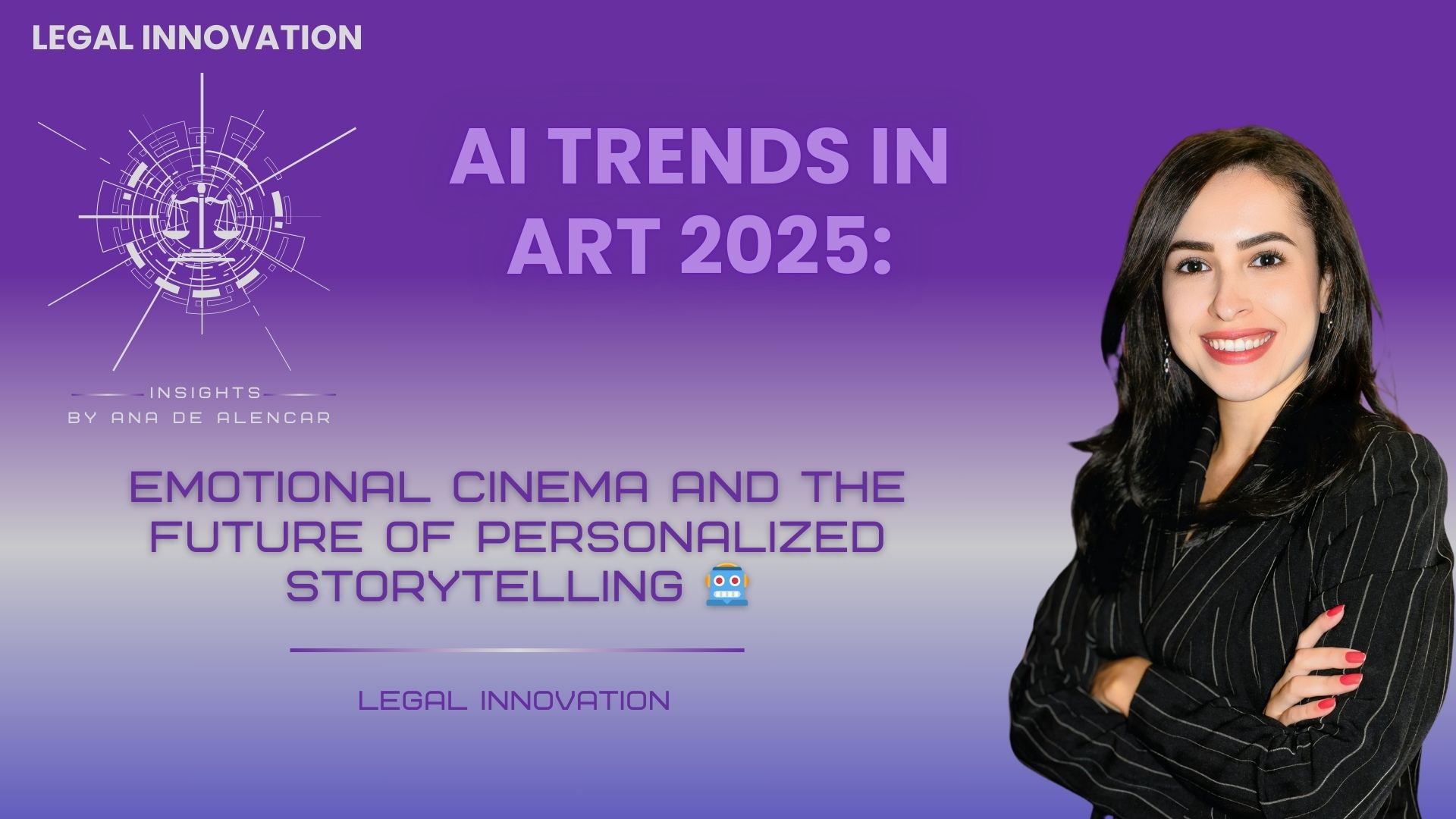Have you ever imagined watching a movie completely tailored to your personal tastes and interests? Or being part of an immersive experience where you can decide the story’s outcome in real time? Welcome to the concept of AI Emotional Cinema, an ultra-personalized audiovisual experience where the narrative dynamically adapts to the viewer’s reactions in real time.
🎥 What is AI Emotional Cinema?
It’s a fusion of artificial intelligence and cinema, where plotlines and visual elements are shaped by audience emotions, captured through advanced technologies like facial recognition, voice analysis, and biometric sensors. This approach aims to maximize emotional engagement, creating a unique and intimate connection between the viewer and the story.
🙊 Audience Emotional Analysis
Tools like Cognitive Mill already analyze audience emotional reactions through facial expressions and other biometric data. A remarkable example is the Disney Research experiment in collaboration with CalTech. During 150 screenings of films like Zootopia and Inside Out, infrared cameras captured over 16 million facial expressions from 3,179 individuals.
📢 Legal and Ethical Risks
Copyright: Who owns the copyright of a movie whose narrative is shaped in real time by the viewer’s reactions?
Image Rights: How do we handle the rights of (virtual) actors dynamically created or manipulated the public to do anything the spectators want?
Privacy: The use of biometric and emotional data is regulated under Europe’s GDPR, requiring explicit consent and robust safeguards.
EU AI Act violation: This law classifies systems that monitor emotions as high risk when they impact privacy or significantly influence consumer behavior. It also prohibits practices that manipulate or exploit emotional vulnerabilities, as outlined in Article 5.
🤡 Will AI make everything ”relative”?
There’s another cultural dimension to consider. By fully personalizing narratives, AI Emotional Cinema could dilute the symbolic and authorial meaning of art. Directors, actors, and other creators might lose part of their voice in favor of an experience entirely constructed by the viewer’s desires.
Imagine a movie that starts as The Lord of the Rings and ends as Robocop because the viewer prefers futuristic action?! If this logic is extended to music, literature, or other art forms, it would give individuals full control over the narrative.
🎨 But what would we lose in the process?


Leave a Reply